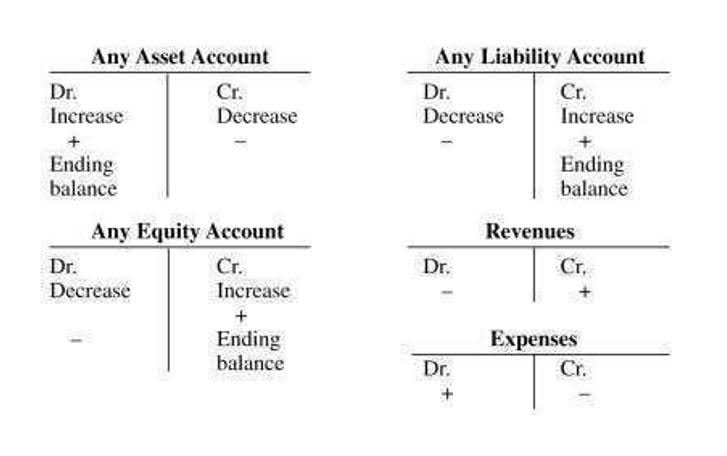
Financial records encompass various documents, including invoices, receipts, bank statements, financial statements, payroll records, ledgers, and journals. These records are meticulously maintained and organized to ensure accuracy and completeness. As a bookkeeper with extensive experience, my expertise lies in maintaining and managing these financial records.
Examples of Financial Record Keeping Across Different Sectors
In advanced bookkeeping, a practitioner goes beyond basic transaction recording to implement strategies for detailed financial tracking and analysis. These strategies tie directly to an organization’s financial planning and strategic decision-making. These transactions are then posted CARES Act to a ledger, which groups entries by account. The ledger provides a categorized record that shows the financial story of the company.
Digital Recordkeeping
Records management applications (RMAs) are software applications that manage records electronically by using features to categorize and locate active records as well as identify records for disposition. These apps must be secure, reliable, permanent, and comprehensive, and they must comply with rules and regulations. This is the person responsible for records management within the organization, but that person often has a team of people working together to create and maintain systems. The record manager Record Keeping for Small Business is a project management position, and this person is responsible for organizing and managing the physical and digital records related to the project.

Benefits of Purge Shredding for Small Businesses

It also provides transparency and builds trust with stakeholders, which can be vital for securing funding or investment. Financial record keeping is the systematic approach to organizing, maintaining and managing financial documents and information pertinent to record keeping for small business an individual or entity’s financial transactions. This foundational aspect of financial management aids in tracking income, expenditures, debts and investments, ensuring accuracy and compliance with legal and regulatory requirements.
- Reach out for a no-obligation discussion with one of our Image API solutions experts now.
- Bookkeepers have a responsibility to maintain the confidentiality and security of financial data.
- With electronic records management, organizations keep only the information that is important, useful or required.
- Reconciling accounts ensures that financial records reflect an accurate and complete picture of a company’s financial transactions.
- However, people can struggle to detect changes in electronic records, so organizations should keep an audit trail of every action to prove an electronic record’s authenticity.

Financial analysis and reporting are key components of this process, offering insights that guide strategic planning and operational effectiveness. Accurate financial records are the bedrock of transparent and reliable financial reporting. They not only support tax returns and inform stakeholders but also reflect the financial health of a business through documents like balance sheets and income statements.
- It requires expertise and tactics to help maintain the organization’s image and help obtain funding and bid the tenders of business.
- Depending on your location and industry, there may be specific legal requirements regarding financial record keeping.
- By analyzing historical financial data, businesses can identify spending patterns, assess the effectiveness of cost-saving measures, and make informed decisions about resource allocation.
- Risk managers are essential members of the finance team because their input directly impacts the company’s safety, reputation, brand image, and bottom-line financial success.
- A business must regularly monitor its cash reserves to assess its immediate financial health.
- These reports provide a snapshot of an organization’s financial position and performance.
![]()
An effective records management system can save money on storage and improve an organization’s efficiency. Additionally, we will discuss how bookkeepers can adapt to changes in accounting standards and regulations to ensure compliance in financial record-keeping. So, let’s dive in and uncover the secrets to maintaining accurate and timely financial records that can empower businesses and aid in decision-making. Reconciling accounts ensures that financial records reflect an accurate and complete picture of a company’s financial transactions. This process involves comparing internal records with external statements, such as bank statements, to identify and rectify discrepancies.
Best practices of records management
By mastering these practices, a business can achieve a level of financial discipline that supports sustained performance and profitability. This meticulous budgeting helps in ensuring that every financial decision aligns with the broader strategic objectives. This analysis is valuable for investors seeking to understand the company’s economic stance and future potential. Despite the various advantages as mentioned above there are a few factors that appear to be hassles or hurdles in the process. Let us understand the disadvantages of the recordkeeping principles through the points below. Even if you’re not familiar with financial systems, you should be able to set this one in motion and keep it running with minimal effort.